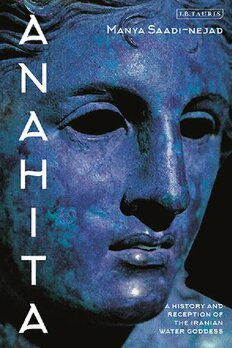
Anāhitā: A History and Reception of the Iranian Water Goddess PDF
265 Pages·2021·2.875 MB·English
Most books are stored in the elastic cloud where traffic is expensive. For this reason, we have a limit on daily download.
Preview Anāhitā: A History and Reception of the Iranian Water Goddess
Description:
Anāhitā was the most important goddess of pre-Islamic Iran. From her roots as an ancient Indo-European water deity her status was unrivalled by any other Iranian goddess throughout the course of three successive Iranian empires over a period of a thousand years.The first scholarly book on Anāhitā, this study reconstructs the Indo-European water goddess through a comparison of Celtic, Slavic, Armenian, and Indo-Iranian myths and rituals. Anāhitā’s constantly-evolving description and functions are then traced through the written and iconographic records of Iranian societies from the Achaemenid period onwards, including but not limited to the Zoroastrian texts and the inscriptions and artistic representations of the great pre-Islamic Iranian empires. The study concludes by tracing survival of the goddess in Islamic Iran, as seen in new Persian literature and popular rituals. Manya Saadi-nejad demonstrates the close relationship between Iranian mythology and that of other Indo-European peoples, and the significant cultural continuities from Iran’s pre-Islamic period into the Islamic present.
See more
The list of books you might like
Most books are stored in the elastic cloud where traffic is expensive. For this reason, we have a limit on daily download.
